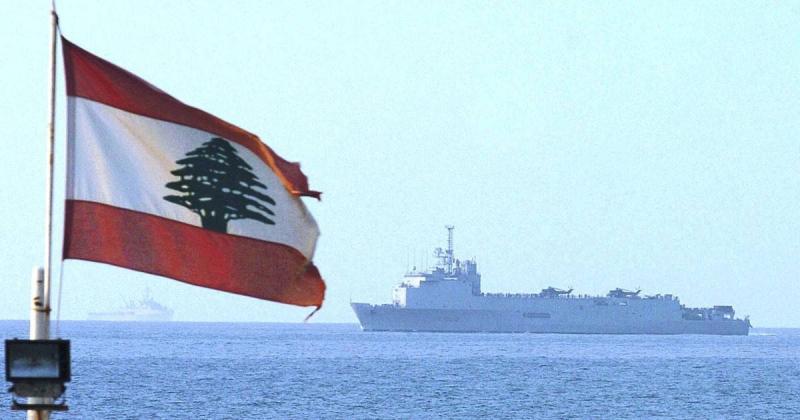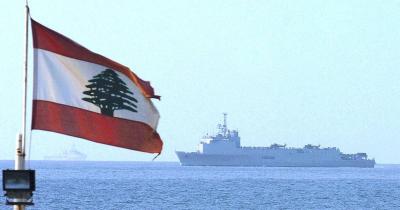The overall trajectory of the situations and developments in the country suggests that there are many difficulties facing the French administration and the international community that wish to assist Lebanon, especially with the political picture on both the domestic and external fronts still unclear. This situation complicates the necessary reforms required for the revival of the nation or the general political course. Thus, the scene for the upcoming phase appears suspended at the onset of the countdown to the end of the current term, balancing on the ropes of the new term. Current indications show that external interest is now limited to sending messages ahead of the presidential elections, prompting politicians in Lebanon to understand how to manage this election and others, as a new term and government are required with the slogan of reform after the bankruptcy and collapse that has struck the state. It is no longer acceptable to have any leniency, regardless of who is the President or the government. On this basis, pressures are being applied to the relevant parties to realize that Lebanon is now under the watchful eye of the international community and donor countries specifically, and the current methods of dealing necessitate change.
Independent MP Jihad al-Samad considers that "the outcome of the maritime demarcation file with Israel is pivotal in the Lebanese path, and it could positively shift Lebanon from one shore to another. Everything else, such as forming a government and electing a new president, remains a detail in the interests of the countries concerned with the Lebanese situation, primarily the United States, based on the premise that achieving governmental and presidential entitlements will not change anything in the existing landscape or status quo. In contrast, bringing the demarcation file to the desired conclusions in Europe and America would contribute to addressing their pressing need for oil and gas due to the Russian-Ukrainian war."
He further notes, "Among the positives of demarcation is its contribution to breaking the international isolation imposed on Lebanon for some time and thus the economic siege it is facing, which threatens dire consequences that are already starting to take shape on the ground in the form of violations, murders, and thefts that have seen a significant increase compared to past years. There is a fear that this could lead to significant security chaos that goes beyond the control of security forces, something that no one among the local and external parties desires, particularly due to fears of its expansion and repercussions."




